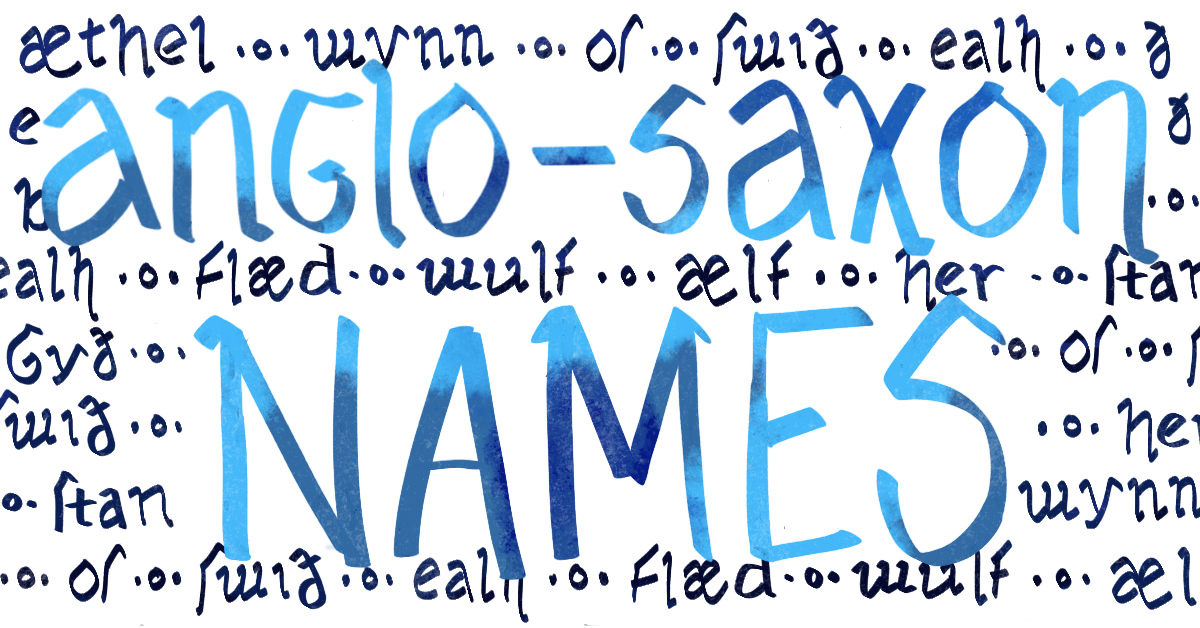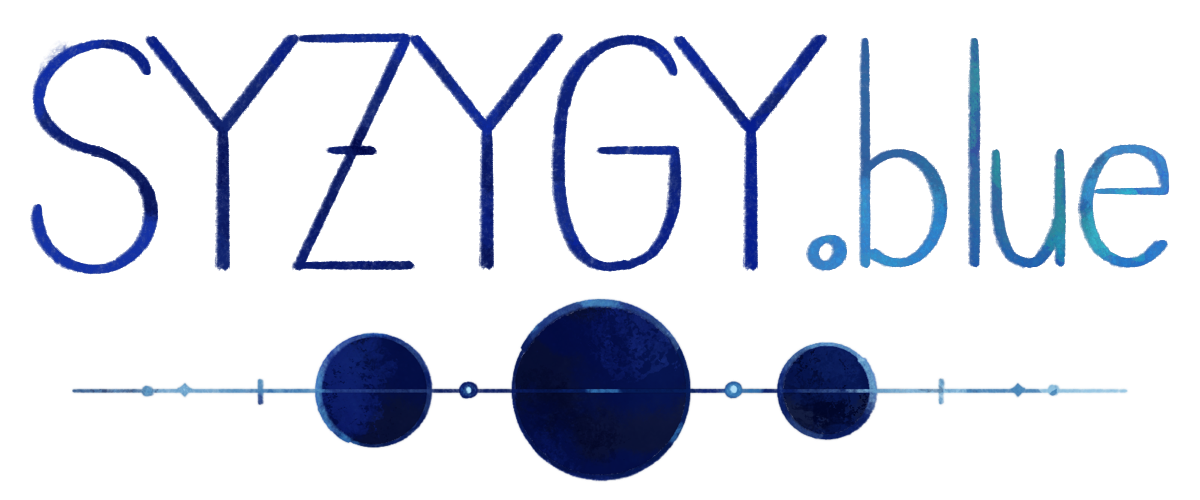
8 Anglo-Saxon names that should be as popular as Edward and Edith
One of the things that always strikes me about Anglo-Saxon names is the way you’ll be immersed in a sea of unfamiliar, foreign names and then suddenly there’s an Emma or an Edmund or something else that sounds perfectly normal.
What makes one name last while another fades away? I would guess that the main factor is that our sense of what sounds and names are appealing changes as time goes by, but I also think historical narratives have an influence. If a name was never borne by someone well-known enough to make it into the historical record, then it’s probably much more at risk of becoming unheard of. Even when a name does make it into the history classroom, I suspect that the reputation of the historical figure also influences the name’s popularity. Alfred has had much more enduring popularity than Æthelred – part of this is surely due to the waning appeal of “athel” as a sound, but I can’t help but think that Alfred’s reputation for being great also gave him some advantage over Æthelred Unræd, who has generally been considered incompetent ever since his reign (after all, Ethel may not be popular these days, but it certainly outlasted Æthelred).
Another difference between the Anglo-Saxon names that made it and the names that died out is that names that were in continuous use changed their spelling and pronunciation as Old English turned into Middle and then Modern English, while names that haven’t been used much since Anglo Saxon times are usually written with a pretty close approximation of typical Old English spelling. This obviously makes them look more old-fashioned, so I’ve included suggestions for how to update the spelling of all of these names to level the playing field a little (mostly based on these sources).

Here are 8 forgotten Anglo-Saxon names that I think have a lot of potential for revival:
Æthelstan
Æthelstan: athel (noble) + stan (stone), which together might mean gem.
Æthelstan (or Æðelstān) was the first king of England. He was quite influential in European politics, made a lot of interesting legal reforms, and I feel personally wronged by the fact that his name has not been as popular as that of his father (Edward the Elder) or grandfather (Alfred the Great). He was a cool guy and he had a cool name and it deserves to be in more than occasional use!
If you were to choose this name, you’d probably want to spell it Athelstan, and you might consider the nickname Stan, which I think is ready for a comeback (Nameberry agrees!).
Oswin
Oswin: os (god) + win (friend)
There were quite a few Oswins, including kings of Kent and Deira.
Oswin isn’t unheard of, but it definitely still has a medieval feeling to it. It’s sometimes spelled Oswine, but I think that e is definitely not going to work in a modern context. The nicknames Ozzie and Ozzy are both on the rise, and I think Oswin is one of the best choices for a full name to go with them. It’s got a long history, and it’s short, sweet, and friendly-sounding.
Wulfhere
Wulfhere: wulf (wolf) + her (army) (Probably? I’m combining meanings I found for parts of other names, find an actual scholar to ask if you want to be sure!)
Wulfhere was the name of a Mercian king and an archbishop, and several other less notable people.
Look, I know, I know – the obvious problem is that it looks like the words “wolf here”, as though you’ve rounded the corner in the grocery store and were so surprised to encounter a wolf that you couldn’t muster up a complete sentence, and just yelped “Wolf here!”
I will concede that this is an issue, however – however! – everyone who I have heard say this name out loud has pronounced the second half more like “hera” or “hara”, so I think you would be perfectly justified in spelling it Wulfhera or Wolfhara or any combination thereof. And, once you’ve done that, you have clarified the pronunciation, resolved the word salad issue, and arrived at a great source for the trendy nickname Wolfie.
Hereswith
Hereswith: her (army) + swiþ (strength) (Probably? I’m combining meanings I found for parts of other names again, so take this with a mountain of salt.)
There are a couple documented Hereswiths. One of the best known was a Northumbrian queen who became a nun and then a saint.
This name has a bit of the same problem we had with Wulfhere. Hereswith looks like the words “here’s with”, and the letter combination sw is not generally considered beautiful in modern English. But just take a second to close your eyes and say it out loud (making sure to pronounce the first part as “hera” or “hara”, not the modern English word here). Doesn’t that sound nice? It’s soft and lilting and musical. It’s a little like Heather, if Heather wasn’t overused and dated. It’s a little like Lilith, which is having a big moment right now. Hereswith, Hereswith… it gets better every time you say it.
Hopefully I’ve convinced you that this name is worth rescuing, so, how are we going to spell it? I found a Hereswith in PASE whose name was recorded Hereswyð, so we could swap the i for a y to make the second half look less like the modern English word with. So that gives us Heraswyth or Haraswyth – definitely still unusual, but now it reads as a name.
Ealhswith
Ealhswith: ealh (hall) + swiþ (strength)
There are a handful of recorded Ealhswiths, including the wife of Alfred the Great.
Maybe you’re not quite sold on Hereswith – how about Ealhswith? The first syllable might look like it sounds like “eel”, but everyone I’ve heard say it says either “el” or “al”. Based on the spelling variations I’ve seen in PASE, I think you could spell it Elswith, Elswyth, or Alswith without feeling like you really changed anything. You could even throw in an extra l as a modernizing touch – Ellswith would fit right into the modern naming landscape (“No, it’s actually not a surname! Let me tell you about Ealhswith of Mercia and her grandson, Athelstan…”)
Ælfwynn
Ælfwynn: ælf (elf) + wynn (joy)
Ælfwynn was the name of a granddaughter of Alfred the Great who ruled Mercia for a short time.
I am very fond of the “wynn” ending, which shows up in a number of feminine names. I think it’s an appealing sound to the modern ear, and the meaning (joy) is nice too. Ælfwynn is one of my favorite names ending in -wynn. You could modernize the spelling by replacing the Old English ælf with the modern elf, but if Elfwynn feels a little too renn faire for you, Alfwynn would make just as much sense (to match the spelling evolution of Alfred).
Brihtwyn
Brihywyn: briht (bright) + wynn (joy)
There are a couple of documented uses of this name, but none of the people have wikipedia pages.
PASE has entries for this name spelled Beorhtwynn and Beorhtwne, but I think the Brihtwyn spelling is obviously preferable, and seems to have at least been used by historians (see this wikipedia citation, which I believe is referring to the same person as PASE’s Beorhtwynn 2). You could also sidestep the question of whether the Brihtwyn spelling was actually used in Anglo Saxon times by updating the first part of the name to the modern word bright and spelling it Brightwynn. However you spell it, I think it sounds cheerful and surprisingly modern.
PASE also has an entry for the similar-sounding Brithwin – I think “brith” is a different spelling for “briht”, but “win” is different from “wyn”, it means friend and it’s usually masculine.
Osgyth
Osgyth: os (god) + gyð (war)
Osgyth was another queen who became a nun and then a saint. There is a village in Essex named after her, where they apparently pronounce “St. Osyth” as “Toosey”, but I think that likely comes from mashing the two words together and can be safely ignored by anyone interested in it as a name for humans.
Following the example of Eadgyth becoming Edith, I think this name could be spelled Osyth or Osith. Pleasant, charming, a good option if you like Edith and Ottilie.

This post touches on a bunch of topics that people actually study, so I want to note that I’m by no means an expert. I’m not a historian, or a linguist, or even a serious hobby medievalist.
If you want a more scholarly take on Anglo-Saxon names, you might want to start with the Dictionary of Medieval Names from European Sources (DMNES, it provides meanings and lots of citations for every name, but it’s a work in progress & so missing some names) and the Prosopography of Anglo-Saxon England (PASE, it’s the most comprehensive list I know of names from Anglo-Saxon primary sources, but it isn’t much help with etymology or pronunciation). I also found the Germanic name page on Wikipedia to be quite helpful; yes, it’s wikipedia, but there are a good number of citations so hopefully it’s at least mostly not wrong.

Brightwynn could absolutely work for a modern baby! Brightyn (a variation of Brighton) appears in recent Social Security Administration baby name data, so it’s already close to some familiar names. Oswin is another good option, and a few parents do appear to have picked it for recent babies.
I relish the idea of meeting an Athelstan or Hereswith. What about Hereweard / Hereward?
Oswin was in the running for my older kid, but we went another direction.
Hereward would be great!!